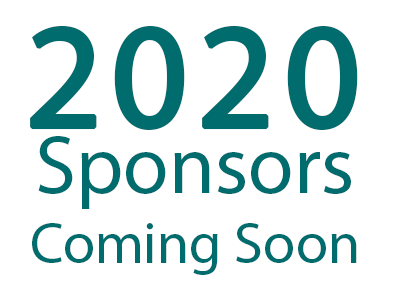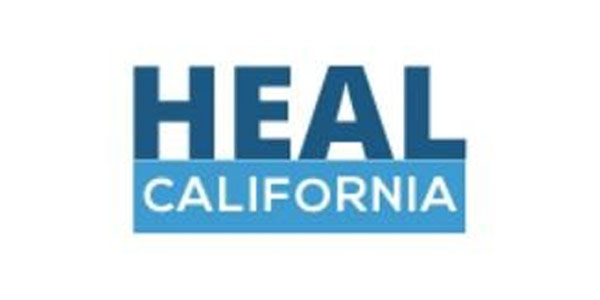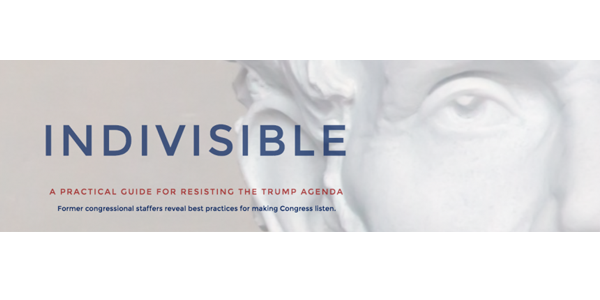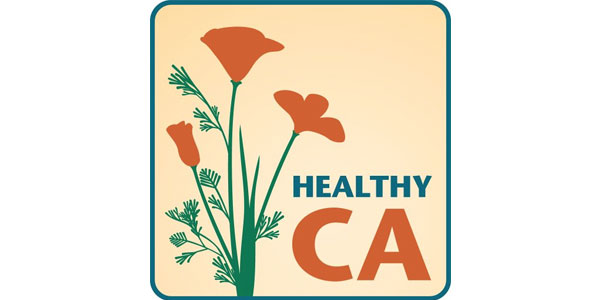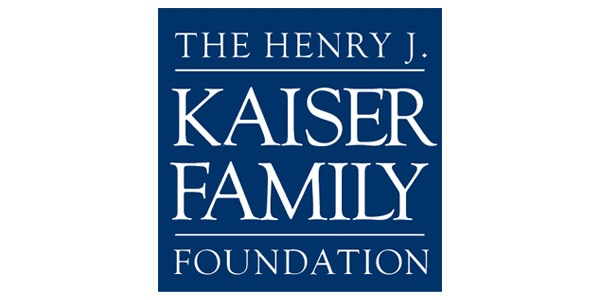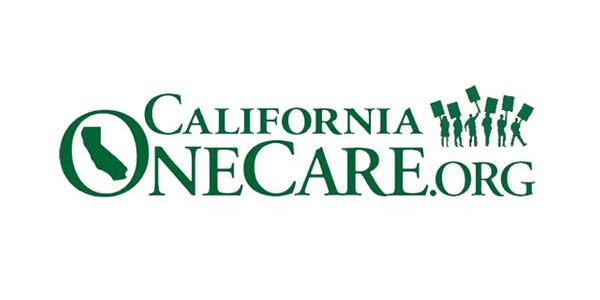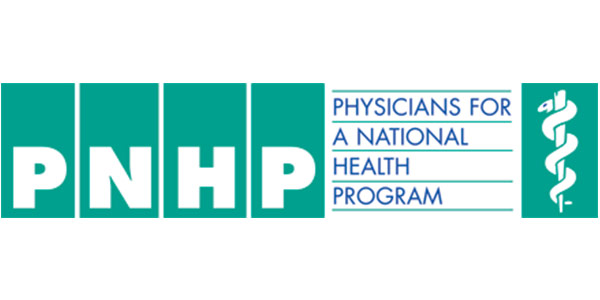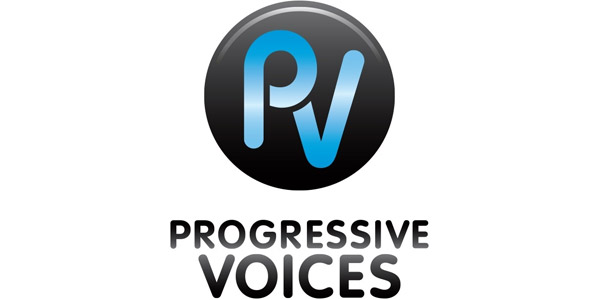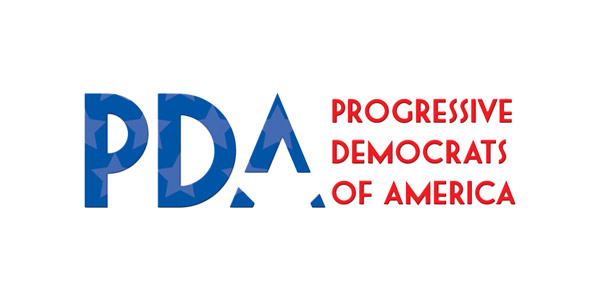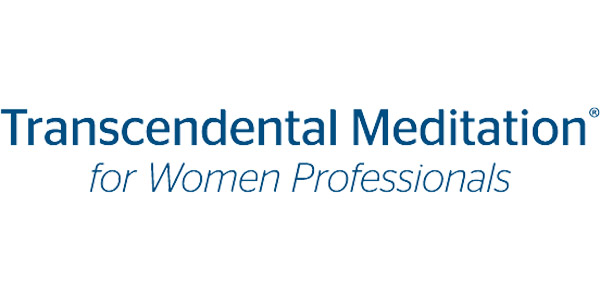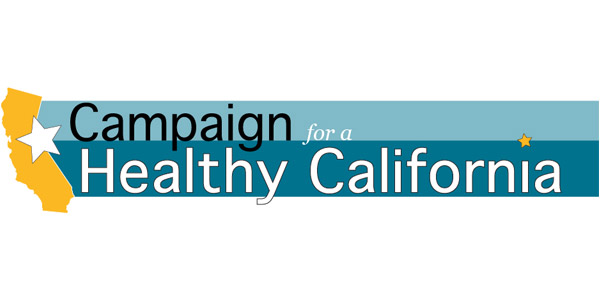What Nurses Want This Nurses Week

Whose your favorite nurse? We’ve all got one. Because nurses are with us at so many important points in our lives. They help us welcome new life and comfort us as we say good bye to loved ones. Nurses are present in medical emergencies and medical ordinaries. No other medical professional is so ingrained in our lives, or has such an impact on our health and mortality. So it is entirely appropriate that as a nation we set aside one week to celebrate the profession. We start today, with the celebration of Nurses Day. Nurses Week culminates, appropriately, on May 12, the birthday of Florence Nightingale.
So what do you give your favorite nurse on his or her special day. Flowers? Candy? A fine bottle of wine? As a nation of people who collectively owe so much to nurses, we need to go beyond mere gestures and give nurses tools that can really make a difference in their lives.
Training
Science and technology move at the speed of light, especially in the nursing profession. Without the opportunity for continuing education, it is impossible for nurses to keep up. Mentoring for new graduates is an important element of nurse training. Hospitals and nurses’ associations across the country have created programs where new nurses meet regularly with their mentees for up to two years. This programs help new nurses make the transition between classroom and the hospital floor. Studies have shown mentoring and continuing education programs not only help hospitals and clinics retain nurses, it helps keep nurses in the profession.
Safety
Studies done by the National Institute of Occupational Safety and Health (NIOSH) showed the injury rate for health care workers was greater than for construction or agricultural workers. With the large number of nurses providing care, nurse safety should be a visible public health concern. A series of articles in the Online Journal of Nursing outlined key areas of safety concern for nurses: Work-Related Musculoskeletal Disorders, Needlestick and Sharps Injury Prevention, Safe Handling of Hazardous Drugs, Safe Handling and Movement of Patients, and Violence Against Nurses by Patients. Is your hospital or doctor’s office proactive about on-the-job safety for its nurses?
Teamwork
Nursing has moved beyond its early stereotype of being a servant to doctors and patients. It is a profession with its own definition and evidence-based practices. In magnet hospitals, nurses, doctors, and ancillary service providers are equal members of the clinical team. Nurses of all generations want to participate in decision-making around care choices for their patients. With a nurse shortage looming above the healthcare system, team-building can be the make-or-break issue around nurse retention. It improves job satisfaction (and therefore retention) as well as patient care.
Technology
Healthcare has become a hub of technology. Ironically, technology can actually help nurses spend more time with patients. Because of all of the demands for information made on nurses by team members and families, nurses end up spending less than a third of their time in direct patient care. In 2008, the California HealthCare Foundation (CHCF) examined eight devices and technologies available to nurses: wireless communications, real-time location systems, delivery robots, workflow management systems, wireless patient monitoring, electronic medication administration with bar coding, electronic clinical documentation with clinical decision support, and interactive patient systems. Two other technologies — alarm/event messaging and biomedical device integration — were also reviewed. The CHCF found that these systems created a better workplace for inpatient nurses, raising their job satisfaction, giving them more time with patients and thus improving care.
Time for a life outside of work
Work-life balance is a concern for most American workers. Nurses, who spend their work life caring for others, need balance perhaps more than others. Hospitals who want to create a more satisfactory work environment for their nurses are bringing services to the hospital by offering improved child care options, on site fitness centers, smoking cessation and nutrition classes and even on site farmer’s markets. These conveniences allow nurses more quality personal time. Other hospitals offer flexible scheduling, giving nurses a bigger say in the hours they work.
R-E-S-P-E-C-T
Aretha knows what she is talking about! It’s been more than a century since Florence Nightingale made nursing a profession. But in some settings, nurses still struggle under centuries old stereotypes. For college trained nurses, many with advance practice degrees, respect means having important decisions making power over such things as equipment purchases and patient-staff ratios. Some forward-thinking hospitals encourage nurses to conduct research projects, which can become part of the institution’s care plan.
Recognition
Everyone craves recognition. For nurses, recognition isn’t always about money. In its 2005 report “Standards for Establishing and Sustaining Healthy Work Environments,” the American Association of Critical Care Nurses (AACN) cited meaningful recognition as one of six vital healthy-workplace standards. Inadequate recognition can lead to dissatisfaction and turnover, the AACN noted. To prevent this, recognition can’t be superficial. It must be part of an organization’s culture. Nurses enjoy the challenges of their work, and genuine recognition for their accomplishments.
So what can one person do to help nurses get what they need during this and every week of the year? You can’t wrap up respect with a bow. Nurses need advocates in the public discussion. Understand their concerns and ask policy makers if they are giving nurses what they need.
Do you know a deserving nurse? Nominate them in iTriage’s “Thank a Nurse Contest” and you both could win great prizes. All you have to do is submit a photo of the nurse and describe why they deserve to be recognized. Both the nurse and the nominator will win a $75 Massage Envy gift card and the nurse will also win a $100 Scrubs & Beyond gift card!
 This article was brought to you in partnership with iTriage. iTriage was founded in 2008 by two emergency medicine physicians to empower people to make better healthcare decisions, and improve healthcare delivery. The company’s mobile healthcare platform offers a proprietary Symptom-to-Provider™ pathway that empowers patients to make better healthcare decisions. iTriage helps people answer the two most common medical questions: “What could be wrong?” and “Where should I go for treatment?” Consumers can download the free iTriage mobile app on their iPhoneand Android devices, and thousands of healthcare providers use iTriage to reach and communicate critical facility and service information to patients.
This article was brought to you in partnership with iTriage. iTriage was founded in 2008 by two emergency medicine physicians to empower people to make better healthcare decisions, and improve healthcare delivery. The company’s mobile healthcare platform offers a proprietary Symptom-to-Provider™ pathway that empowers patients to make better healthcare decisions. iTriage helps people answer the two most common medical questions: “What could be wrong?” and “Where should I go for treatment?” Consumers can download the free iTriage mobile app on their iPhoneand Android devices, and thousands of healthcare providers use iTriage to reach and communicate critical facility and service information to patients.

